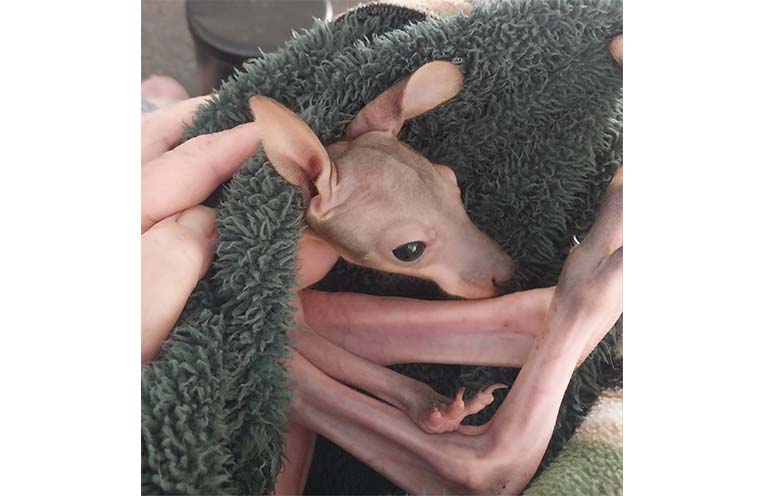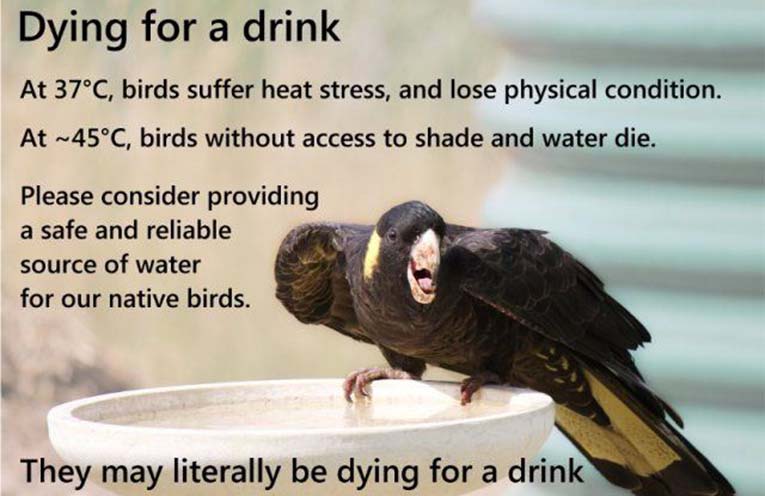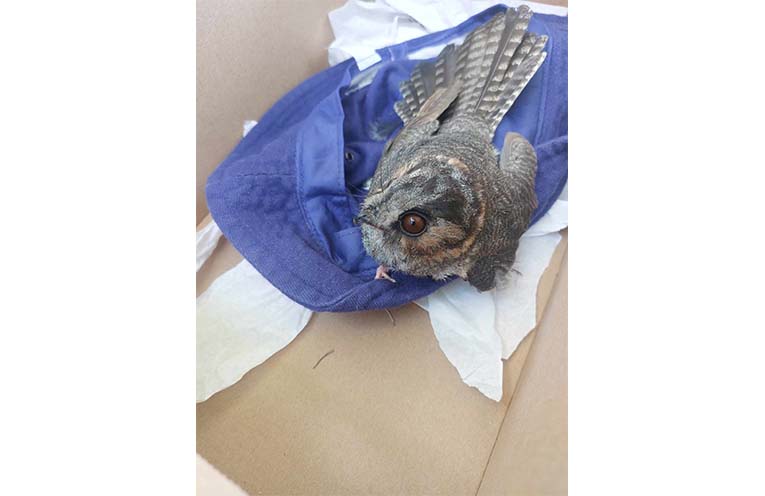
WILDLIFE across the Myall, Port Stephens and surrounds have been helped out by a group of volunteers, known as WINC (Wildlife In Need of Care) since 2013.
Covering Port Stephens and the Myall Coast, as far as Bulahdelah and Stroud, the 100 percent volunteer group work around their day jobs, travelling long distances to answer calls to help out “everything native”, from kangaroo joeys to raptors and flying foxes, even echidna puggles.
“Macropods (kangaroos, wallabies), birds and possums are currently the animals we see most,” Lisa, Vice President of WINC, told NOTA.
“The main goal is the rescue, rehabilitation and release of native animals.”
Lisa’s list of the many furry beneficiaries of WINC assistance is topped by birds, then macropods and possums, and reptiles, the occasional echidna, bandicoots, antechinus, planigales and phastigales.
WINC’s method involves taking care of the animals, later taking them to a ‘soft release’ site, but they can come and go as they want, and often return to the place they were cared for.
WINC has no association with any level of government, nor the better-known WIRES group.
“We pay for most of the stuff out of our own pocket, especially petrol is expensive,” Lisa explained, noting how some local fundraisers and deceased estate wills have given generously to other groups, erroneously expecting those funds to make their way to WINC.
“Tea Gardens’ Galleries in the Gardens does an annual fundraiser, and it really helps.”
Nat answers the majority of the calls for the small WINC group of carers, but says that sometimes the treatment of volunteers is atrocious.
“Most of the people we deal with are absolutely beautiful, but at least one per day is abusive, rude, obnoxious, feeling entitled because they think we are government-funded, but we are not.
“We can’t do it without the amazing vets, but even they receive abuse – we lost a vet in January as a direct result,” Nat explained sadly.
“We’re here because we care, we don’t have a call-centre, we are here in the community, helping to take on as much as we can and be a part of the community, too.
“Some days the phone doesn’t stop ringing, we answer 24/7, we always return calls.”
By Thomas O’KEEFE

